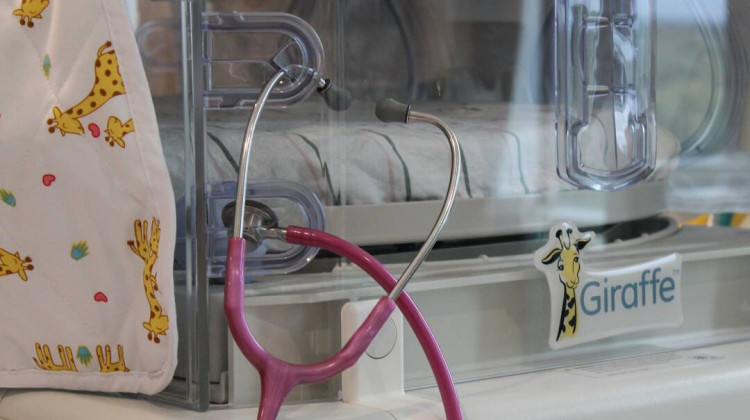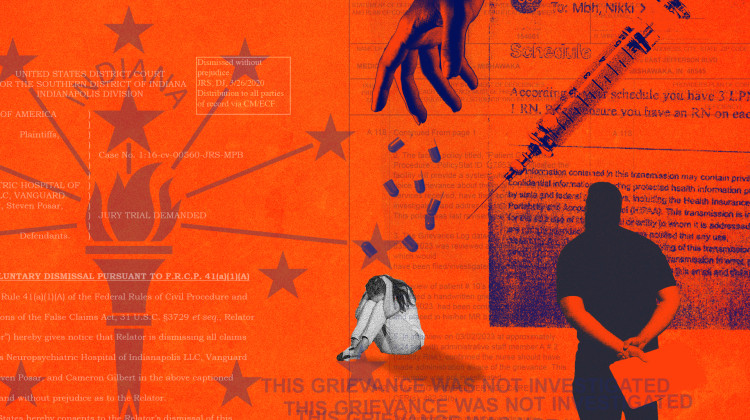
The Gallup-Healthways Index ranks states, but Healthways also says it can sell public health solutions -- possibly to those states which fall to the bottom of its rankings.
stock photoIndiana regularly falls in the bottom when it comes to state health rankings—with groups from the Robert Wood Johnson Foundation to Wallethub finding the state one of the least healthy in the nation. However, a recent ranking placing the state 46th for older Americans’ health raises questions about ranking systems’ conflicts of interest.
The new report—from polling firm Gallup and wellness company Healthways—ranks Indiana in the bottom 10 percent of the nation when it comes to the well-being of people 55 and older. The results are culled from a telephone survey asking respondents questions about their health, social lives and finances.
When asked, the makers of the survey admit Healthways—which sells products such as fitness programs and smoking-cessation plans—helps pay to conduct the survey—and benefits from the data collected. But, Gallup-Healthways Research Director Dan Witters disputes any questions about conflicts of interest, saying data is data.
"One of the things we do as part of this national poll, is design and implement it in a scientific manner that provides state-of-the-art survey research, it really is the gold-standard, methodologically," Witters says.
But Witters says yes, his group does stand to benefit from the information in the survey.
"We can leverage these data captured by the national Well-Being Index or purposes of external benchmarking, knowing what’s a good score, what’s a bad score, knowing what people in your area are saying regarding different aspects of well-being," he says.
It’s not the first time Gallup research in Indiana has been questioned. The Chairman of the Purdue University Senate has noted select findings from the Gallup-Purdue Index of college success has been sold to groups when those groups stood to benefit. In one example, the Southeastern Conference trumpeted data showing its alumni were more connected to their schools than alums of other conferences, but left aside other data.
 DONATE
DONATE








 Support WFYI. We can't do it without you.
Support WFYI. We can't do it without you.